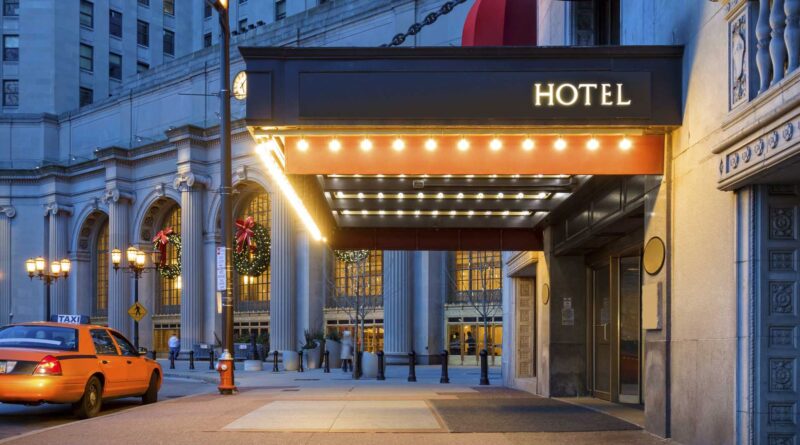Does Location Define Your Righteousness?
 Does Location Define Your Righteousness?
Does Location Define Your Righteousness?
What do you think? Does location really define your righteousness as a Christian, or should we rethink the way we judge situations like this?
On a quiet Friday evening, James, a devoted Christian, was worn out from a demanding week. Between work, family, and church responsibilities, his body begged for rest. Instead of going home to the usual noise and distractions, he decided to check into a nearby hotel. He booked a room, had a peaceful night’s rest, and checked out the following morning feeling refreshed.
But that simple decision became a story.
A fellow believer spotted him in the hotel lounge and by the next day, whispers had spread:
“I saw Brother James at a hotel last night… he even booked a room!”
The story grew legs, carrying different interpretations. To some, his presence at the hotel was suspicious. To others, it hinted at hidden sin. Few stopped to consider that he might have just needed rest.
This brings us to a bigger question: does location define righteousness?
Hotels, for instance, often carry stigma in Christian communities. Many associate them with immorality, secret affairs, or worldliness. Yet, in reality, hotels are simply places for lodging used daily by missionaries, gospel artists, business travelers, and even church leaders when they minister outside their city. Nobody calls that sinful.
So why do suspicions rise when it’s a Christian choosing a hotel within the same town? Are we quick to judge based on stereotypes? Or do we sometimes equate holiness with avoiding certain places, rather than living righteously wherever we are?
After all, righteousness is not tied to a building or location, but to the heart and choices of the believer. A Christian in a hotel can remain pure, just as a Christian at home can fall into temptation. The location itself doesn’t define the faith it is the lifestyle lived within it that does.
Content Credit : Blessing Dada
Image Credit : Google Search.Com




